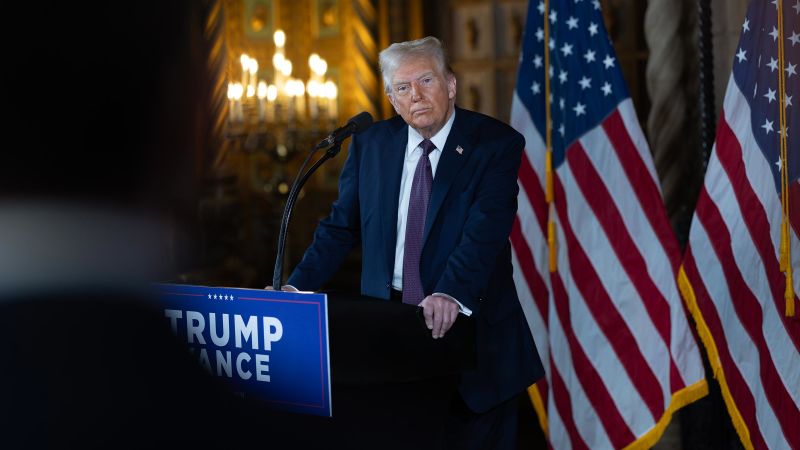[House Republicans are divided over President-elect Donald Trump’s agenda, particularly on his plan to raise the nation’s debt limit as part of a broader package. Some GOP hardliners, such as Rep. Tim Burchett, are drawing a clear red line, demanding hundreds of billions or even trillions in spending cuts in exchange for their support.
Burchett, who has never voted to increase the US borrowing limit in his life, said he doesn’t know if he ever will, unless he sees real reductions in spending. Other conservatives, such as Rep. Steve Womack, are concerned about the impact of adding too many provisions to the package, which could lead to opposition from moderate Republicans and appropriators.
The chairman of the House Budget Committee is preparing a list of $5 trillion worth of potential spending cuts to win over his conference, but senior Republicans warn that the fiscal fights will be among the hardest to resolve. Rep. Andy Biggs, an Arizona Republican and member of the House Freedom Caucus, said he’s willing to dig in against any bill that doesn’t include steep cuts to pay for the entirety of the plan.
The president-elect, who personally influenced House Speaker Mike Johnson’s last attempt to raise the debt limit, is working aggressively to win over conservatives on the early stages of the bill. However, some conservatives say they aren’t entirely satisfied with what they’re hearing so far, and are demanding more substantial spending cuts.
The budgetary math is difficult, as Johnson and others have ruled out any cuts to costly programs like Medicare and Social Security. Instead, Republicans are discussing ways to trim spending from programs like Medicaid or nutritional programs by instituting work requirements.
Conservatives in Congress say they will insist that the full package, including any extension of Trump’s 2017 tax cuts, are fully paid for, unlike the first time around. However, this dynamic gets trickier as GOP leaders consider adding even more tax breaks, including restoring a costly state and local tax benefit that their party restricted in 2017.
Source link

